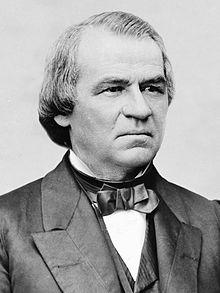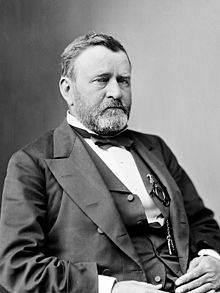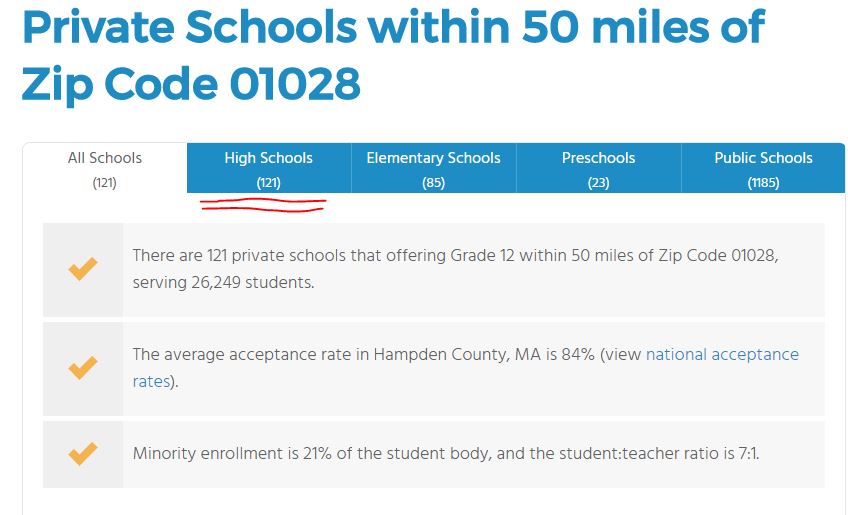Since the year 1913, American citizens have voted to elect state senators, but that has not always been the case. Up until the mid-1850s, senators were appointed by the legislatures of the state they represented in a system that worked quite well. The idea behind this method of selection was that allowing state legislatures to elect their senators would strengthen their ties to the national government and allow them to conduct business without the distraction of pressure from the general population.
Upon the ratification of the Seventeenth Amendment in 1913, however, things changed. Senators are now elected by popular vote with each senator representing a single state, and each state is represented by two senators. Senators play an important role in the U.S. government by writing and voting on bills, and legislation that affects the people in their representative state.
Because U.S. senators have the power to approve or deny legislation that directly affects their constituents, it is important that each senator be a fair representation of the people and the politics of each state. Problems arise when there is a disconnect between politics and the people – when a senator votes based on his own agenda rather than the will of the people. Each senator’s educational background and upbringing bear significant weight in the decisions he makes for his state.
We recently conducted a survey of all U.S. senators to collect some information about their educational background. After collecting this information, we analyzed it and were able



 17 - Andrew Johnson
17 - Andrew Johnson 18 - Ulysses S. Grant
18 - Ulysses S. Grant




























